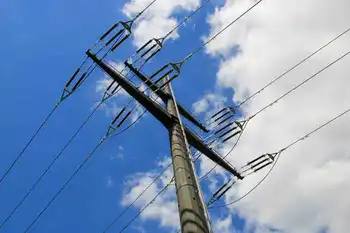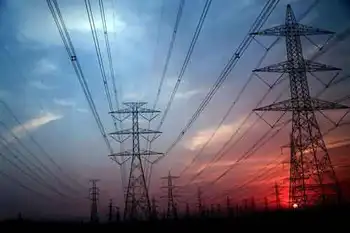Hybrid fuel calculation needs to be revisited
But does this number mean anything except to marketing people? It could be a somewhat useful way to compare different PHEVs if they're all tested the same way, but that's of limited use if real-world numbers deviate wildly from that figure. Instead of trying to put a square peg in a round hole and keep the single MPG number, here's what the EPA should do.
The only way to give people a useful and realistic estimate of how a plug-in hybrid will actually perform is to keep the electric and gas consumption numbers separate. For example, the EPA could give us something like (these numbers are just to illustrate): Chevrolet Volt - 50 miles per gallon (gasoline), 4 miles per kWh (electricity).
That would be more useful than a single number like "230 MPG" that doesn't tell you much about how the car is going to perform with your specific driving habits.
But with the two numbers, it would be much easier to compare PHEVs and see which is more efficient, and it would also be easier, using some simple math, to see which one will work best for you. For example: You drive 50 miles each day, so you know the first 40 will be done in electric mode at 4 miles/kWh and the last 10 will be done using the gasoline engine at 50 miles per gallon.
I'm sure GM could make an online calculator available that would allow people to input their numbers and see what their total operating costs with the Chevy Volt would be (electricity + gas). This could even be included on the car's onboard computer.
Related News

Massive power line will send Canadian hydropower to New York
NEW YORK - A proposal to build a new transmission line to connect New England with Canadian hydropower is one step closer to reality.
The U.S. Department of Energy announced Monday that it has selected the Twin States Clean Energy Link as one of three transmission projects that will be part of its $1.3 billion investment to add capacity to the grid.
WBUR is a nonprofit news organization. Our coverage relies on your financial support. If you value articles like the one you're reading right now, give today.
Twin States is a proposal from National Grid, a utility company that serves Massachusetts, New…





